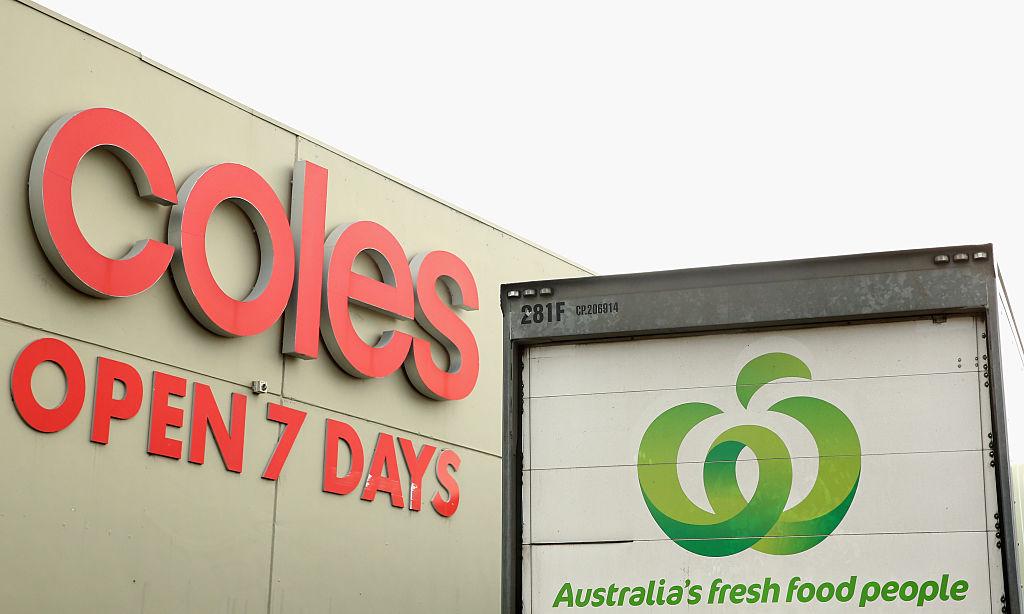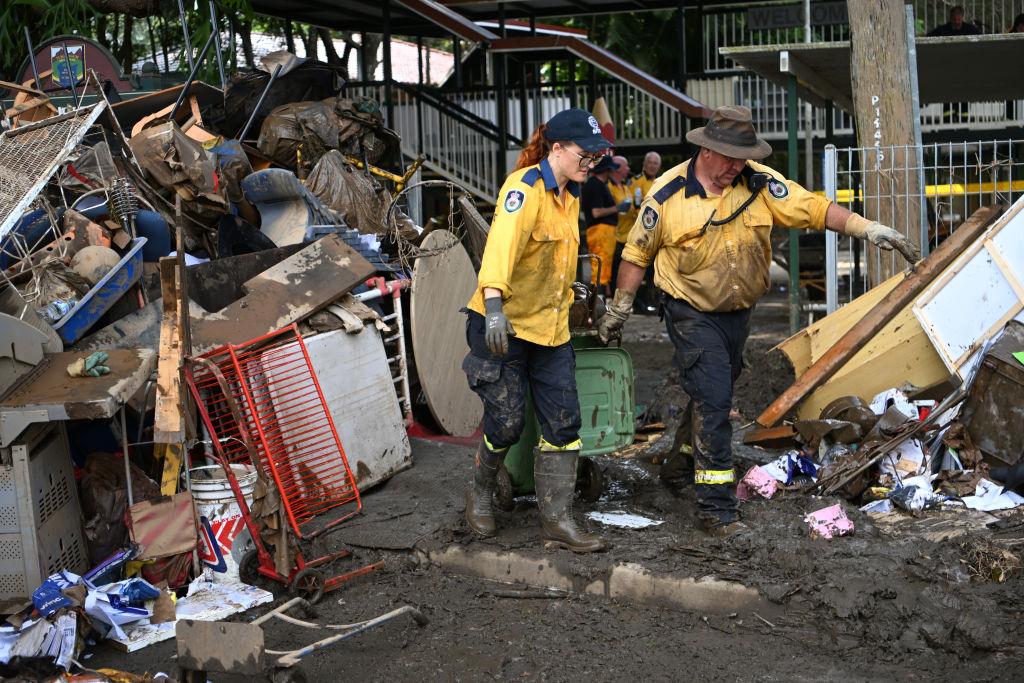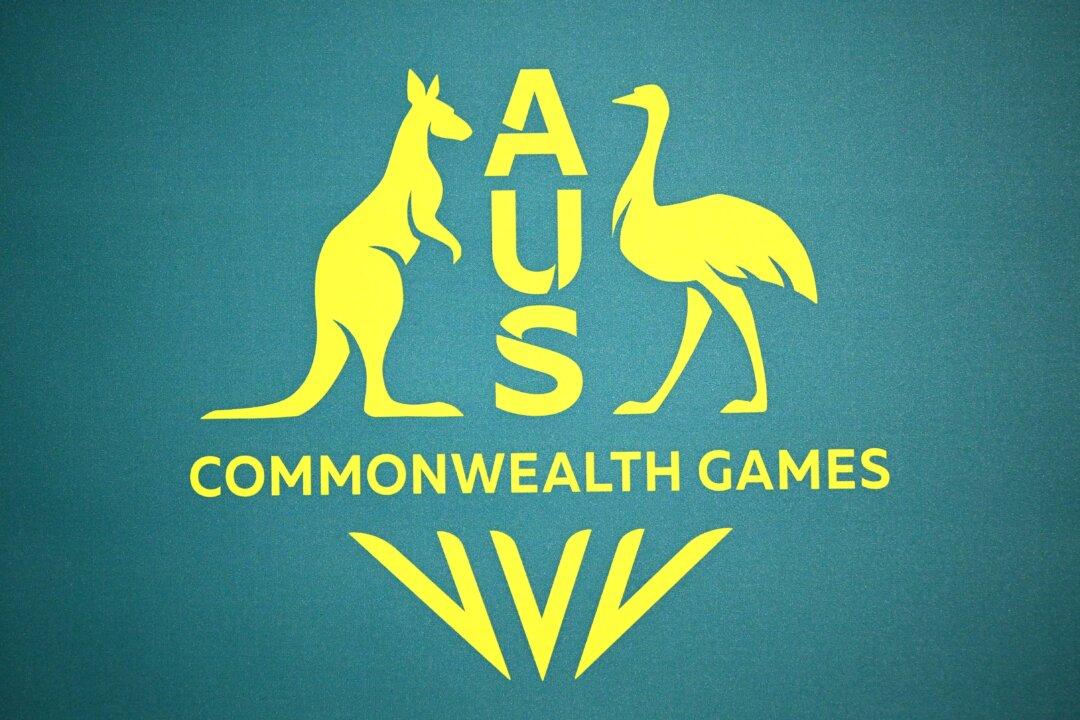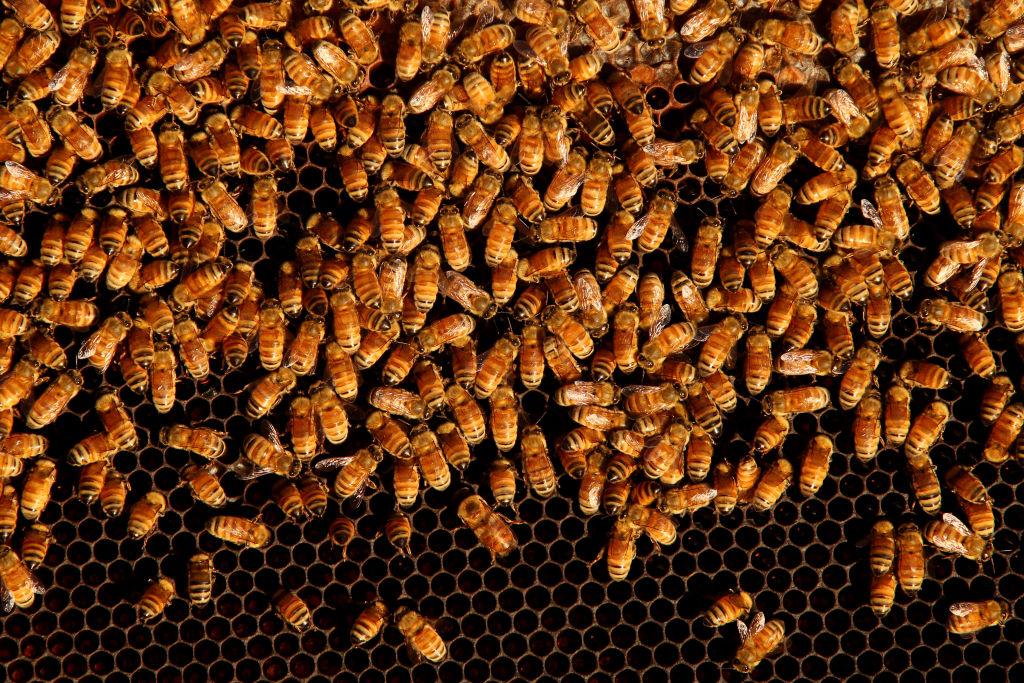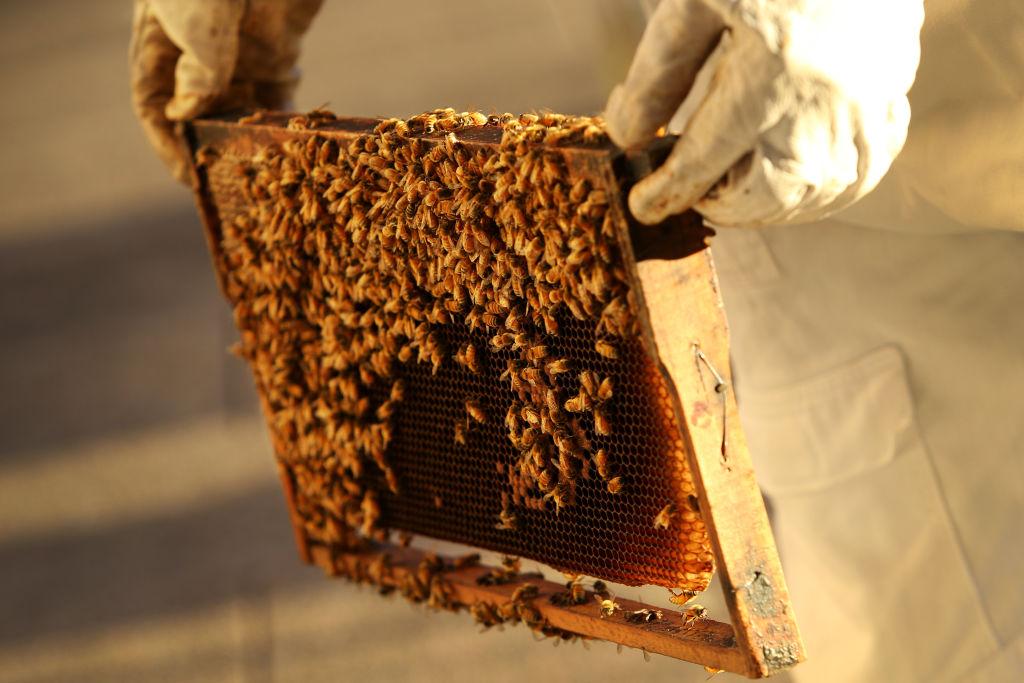Supermarket giants Coles, Woolworths, and ALDI will form a task force to address the suspension of a soft plastic recycling program following the collapse of REDcycle.
REDcycle halted its soft plastic program on Nov. 9 citing “unforeseen challenges exacerbated by the pandemic” with its downstream recycling partners.
